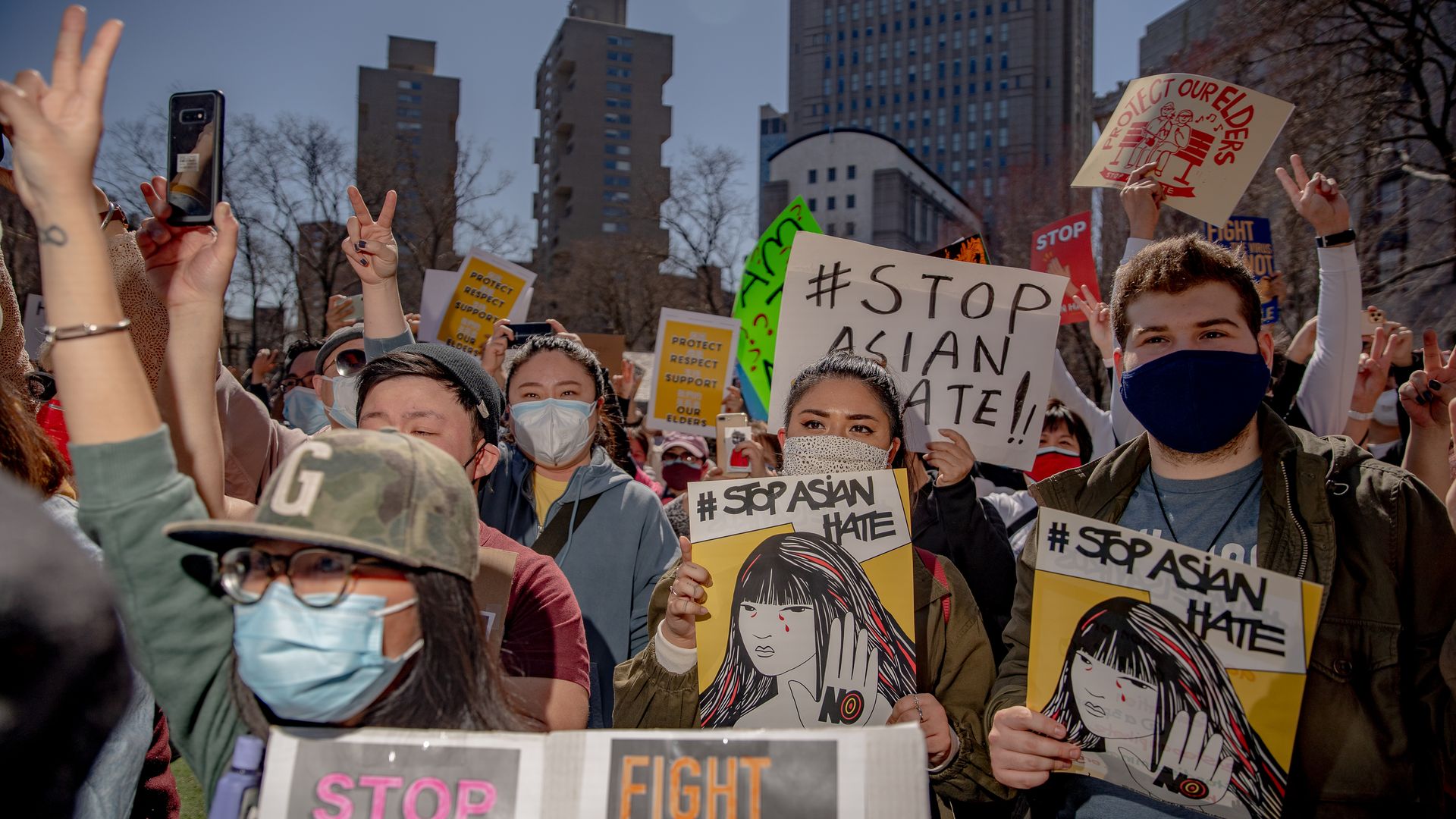Kine Myhrer Fløtre
November 6, 2021
Systemic racism is one of the main concerns and problems the world are facing right now. Even though there are bigger things to worry about, like poverty and homelessness, systemic racism is really in the spotlight and has been for the past years. Racism has always been an issue and has been talked about, but the conversation about systemic racism has grown in the last year, especially after the black lives matter movement started early in 2020. Racism itself is the marginalization or oppression of someone motivated by their race and color of their skin. Systemic racism on the other hand is adding another dimension to that, it is also called institutional racism and it is what we see through the laws and regulations of cultural institutions and society, where it causes issues like discrimination in employment, access to healthcare and education. I think a lot of the times in America, when we think of racism, we think of black people and the oppression against them, and Asian hate seems to be in the shadow. Asian hate is a current problem we´re facing in America, and it needs to be stopped. In Lisa Ko´s The Leavers we met Deming Guo and Polly Guo who both faced racism, stereotyping and experienced othering and how it feels not feeling a sense of belonging.
We witnessed a massive increase in crime against Asians, like the mass murder in Atlanta at a nail salon, where a man targeted Asian women. Another example is the slashing of a 61 year old Asian male named Noel Quintana in Brooklyn early in 2021. I think when elderly people, and Asians in general are afraid to walk outside we have got to acknowledge the constant fear they are living with and make changes. 
This is not something that just occurred, it has been going on for decades, and it´s not only through violence. Numbers show that when Asians with a “whitened” first name is applying for a job, they have a 7% higher call-back rate than Asians with “ethnically Asian” last names. Asians are also being called “model minorities” because of how they have successfully adapted to the American society and they show higher level of education and income than other minorities, but this is just there to downplay the racism they are facing. According toThe Reflictive Democracy Campaign, Asian-Americans are actually the most underrepresented group in politics. Compared to population, Asians are underrepresented by 86%. While white people are overrepresented by 46%.
Asian-Americans are experiences inequality and racism in all aspects of society, and by having the conversation, and stop comparing it to the oppression against black lives, we can start to minimize the hate, discrimination, and inequality, and injustice they are facing.

Sources
National Public Radio, “6 Charts That Dismantle The Trope Of Asian Americans As A Model Minority”,
Connie Hanzhang JIN, May 25, 2021
American Journal Of Health Behavior, “Barriers to Health Care Access in 13 Asian American Communities”
Sunmin Lee, July 15, 2019
Great DSI. I definitely agree with the stance you took on how when we think of minorities and racism in America, people forget about what Asian Americans also face. I think when certain events pop up, like when COIVD-19 first started, people are aggressively more racist towards the Asian American population. I was really shocked by the numbers you gave for Asian American participation in politics but then I tried to name a few Asian American politicians and really struggled
I agree with you. Asian Americans have always been synonymous with high education and order. No one can pass on the contradiction to the Asian group with similar appearance because of the international political struggle. They are also Americans!